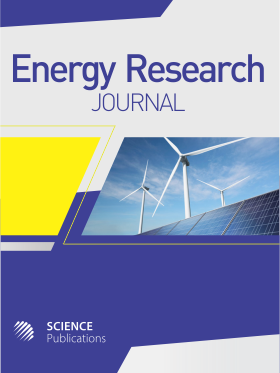Dissolved Ammonia Adsorption in Water Using Over Burnt Brick
- 1 Tribhuvan University, Nepal
Abstract
Problem statement: The groundwater of Kathmandu Valley contained very high concentration of ammonia nitrogen which was in excess of WHO guideline value for drinking water. Approach: This study mainly focused on the removal of ammonia nitrogen in water by adsorption in locally available over burnt brick. The study was carried out in a 4.2 cm internal diameter column of 120 cm length packed with over burnt brick in up flow mode. Results: The study showed that the ammonia nitrogen removal rate increased with increase in contact time which decreased with time until steady state condition is attained. The contact time varied from 4-9.5 h for different particle sizes. Conclusion: The optimal value of adsorption rate constant was found as 0.1097 for particle size of 0.850-0.600 mm at corresponding contact time of 7 h. The adsorption data appears to fit the Freundlich's isotherm. The fixed bed adsorption operation indicated that the ammonia nitrogen removal is the function of service time, bed depth and flow. Linear regression model showing correlation of these parameters has been developed.
DOI: https://doi.org/10.3844/erjsp.2010.1.5

- 4,979 Views
- 3,253 Downloads
- 3 Citations
Download
Keywords
- kinetics
- contact time
- isotherms
- column study and linear regression
